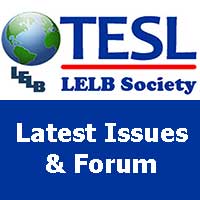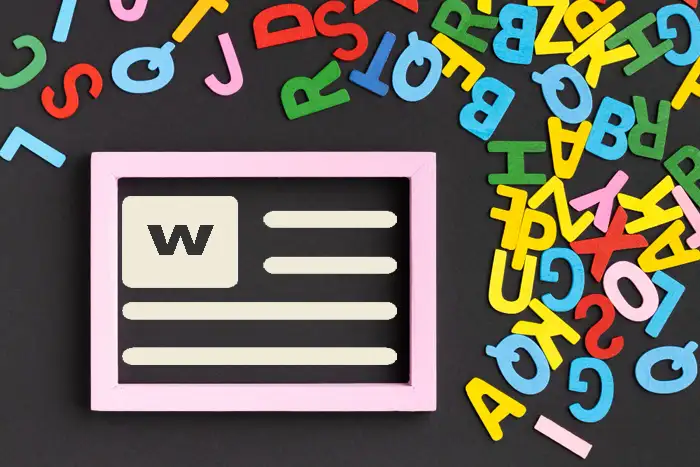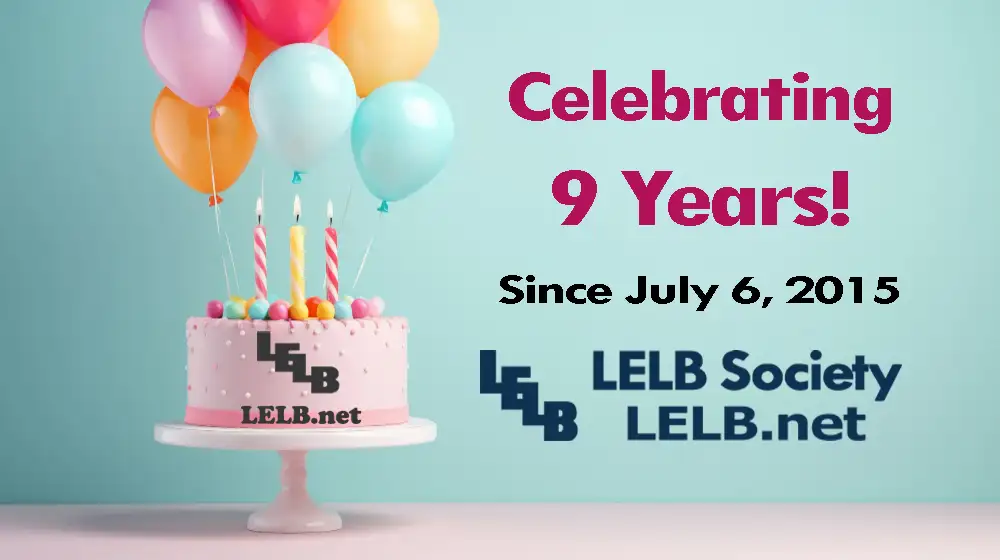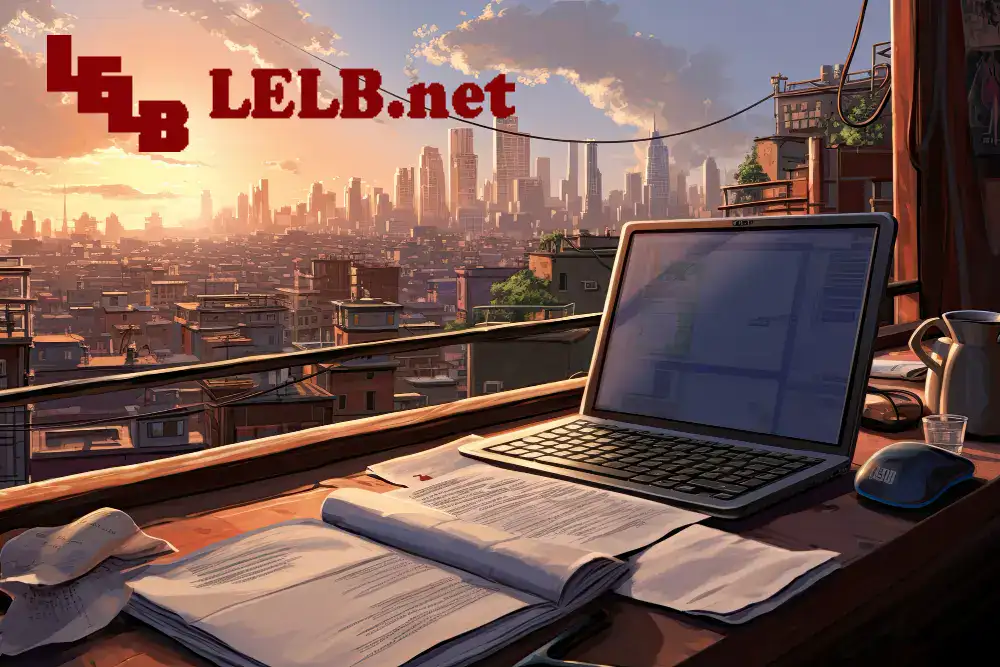Innateness Hypothesis
Innateness Hypothesis
It must be that the mind/brain provides a way to identify and extract the relevant information by means of mechanism of some sort that are part of its biologically determined resources.
In contrast to the behaviorist hypothesis, a second theory, called the ‘innateness hypothesis’ has developed out of generative transformational grammar. It is associated with the work of Chomsky and Lenneberg.
The innateness hypothesis splits into a weak and a strong version. In the strong version, the human infant’s language-learning capacity represents a kind of biological pre-programming specially for the acquisition of human languages. In the weak version, the claim is that the child has a set of innate cognitive and perceptual strategies for learning, together with a specific ability to apply these strategies to the learning of human languages. The weak version does not require that these strategies be defined as separate from those which children use in other learning, but recognises that their application to language acquisition is somehow linked to maturation, just as in the strong version.
Young children have the innate ability to extract from raw language data even very disorganized and sporadic data—the grammatical rules of the language, and then to use those rules productively and creatively. The child has the ability to internalise the grammatical system independently and use it to generate his/her own language sequences.
The innateness hypothesis proposes that the ability to acquire a human language is part of the biologically innate equipment of the human being, and that an infant is born with this ability just as he/she is born with two arms, two legs, and a beating heart. It is believed that, no matter what language a child hears, it will begin to speak that language at about 18 months of age, and will have learnt its grammar by about the age of 5.



